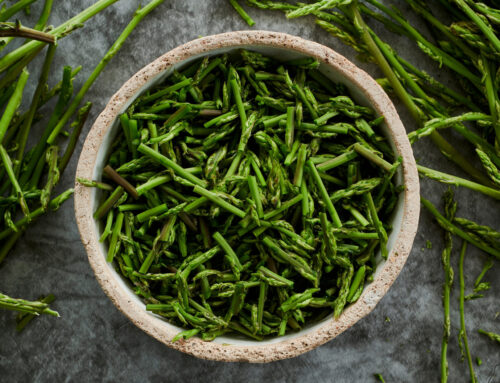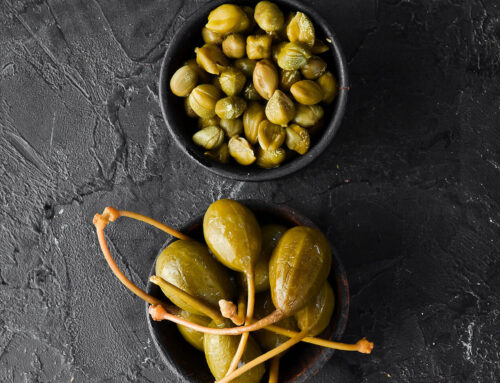Oregano: A Flavorful and Healthful Greek Superfood
Oregano, a fragrant and versatile herb, has been a key component of Greek cuisine for centuries. This culinary staple not only enhances the flavor of a wide variety of dishes but also offers a multitude of health benefits.
Greek Oregano: A Distinct Variety
Greek oregano, known botanically as Origanum vulgare subsp. hirtum, is a particular variety of oregano native to the Mediterranean region. It is characterized by its robust flavor, pungent aroma, and high concentration of essential oils, making it one of the most prized oregano varieties globally.
Nutritional Profile
Oregano is a nutrient-dense herb, containing a wealth of vitamins and minerals, including vitamins A, C, E, and K, as well as calcium, iron, and potassium. It is also rich in dietary fiber and powerful antioxidants, such as carvacrol and thymol, which contribute to its numerous health benefits.
Health Benefits
The consumption of oregano has been linked to several health benefits, including:
Antioxidant Properties
The antioxidants in oregano can help protect cells from damage caused by free radicals and reduce the risk of chronic diseases, such as heart disease and cancer.
Anti-inflammatory Effects
Oregano contains compounds like carvacrol and thymol, which exhibit anti-inflammatory properties, helping to reduce inflammation and alleviate associated health issues.
Antibacterial and Antifungal Properties
The essential oils in oregano, particularly carvacrol, have demonstrated antibacterial and antifungal properties, making it a natural remedy for various infections.
Immune Support
The vitamins and minerals in oregano contribute to a healthy immune system, helping the body fight off infections and maintain overall health.
Culinary Uses
Oregano is a versatile herb in Greek cuisine, used to season a wide range of dishes, from salads and sauces to roasted meats and vegetables. It is a key ingredient in Greek classics such as souvlaki, moussaka, and Greek salad. Oregano is typically used dried, as its flavor becomes more concentrated and complex during the drying process. However, fresh oregano can also be used in cooking, imparting a more delicate flavor to dishes.
Growing and Harvesting Oregano
Growing oregano is relatively easy, as it is a hardy, drought-tolerant plant that thrives in well-draining soil and full sun. To harvest oregano, cut the stems just above the ground level, preferably before the plant flowers, as this is when its essential oil content is the highest. Dry the harvested oregano in a well-ventilated, shaded area, and store it in an airtight container to maintain its potency and freshness.
Oregano is a delightful Greek superfood that offers a unique combination of bold flavor and nutritional benefits. By understanding its distinct properties and incorporating it into your diet, you can fully appreciate the role of oregano in Greek cuisine. Culinary arts students, chefs, researchers, and food enthusiasts can all benefit from embracing this flavorful, nutrient-rich herb in their cooking and dietary practices, adding a touch of Greek tradition and healthful nourishment to their meals.



